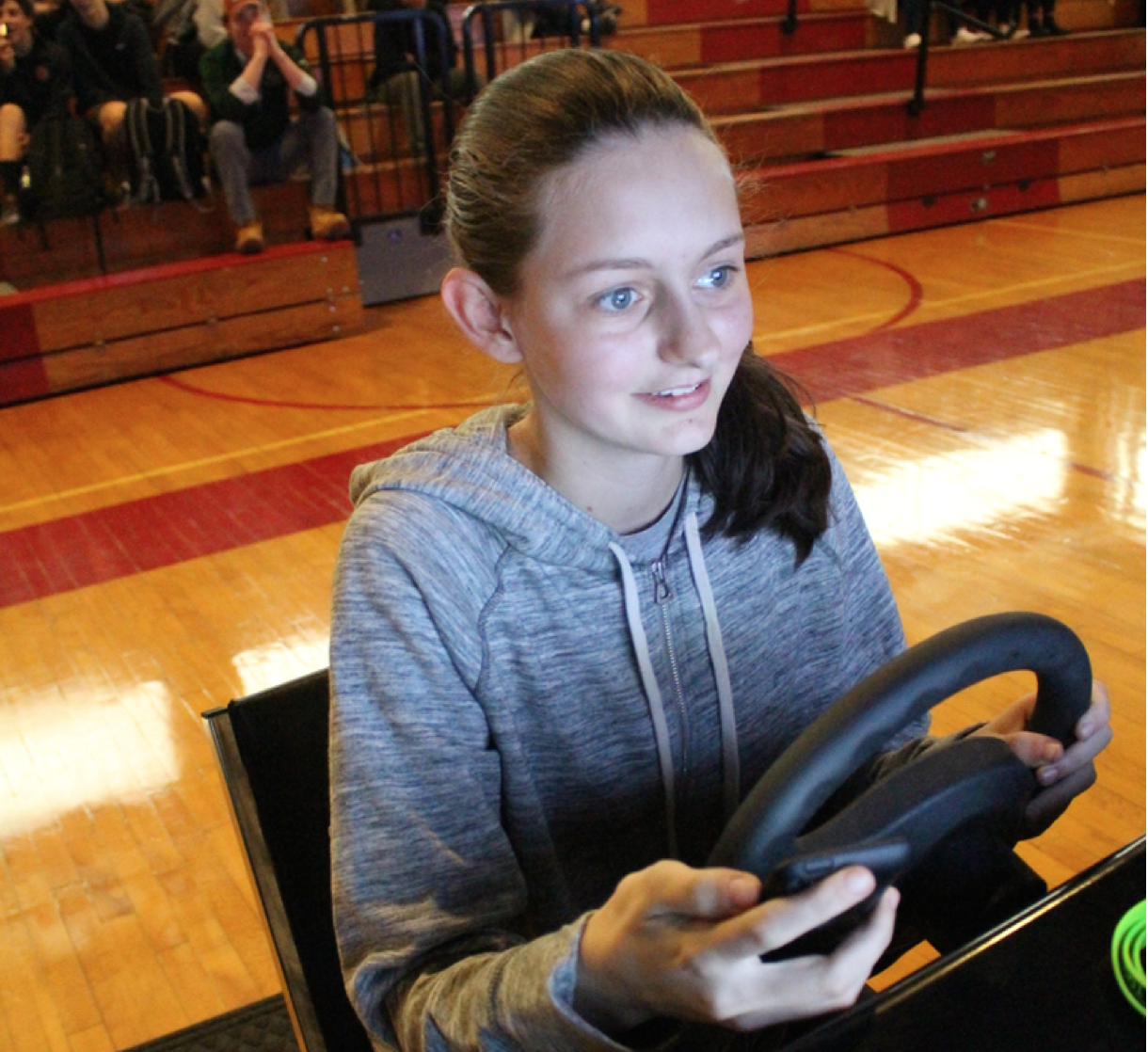 Whether it’s hands-free or hand-held, using your Smartphone while you drive isn’t too smart.
Whether it’s hands-free or hand-held, using your Smartphone while you drive isn’t too smart.
In fact, drivers, who text or surf the Internet on Smartphones are two to eight times likely to be involved in a crash; those who simply talk and drive increase their risk up to four times, says an updated report from the AAA Foundation for Traffic Safety.
The newest Foundation report updates previous research, some of which is now more than 10 years old and dates back to the days when drivers used simple flip phones to only make calls. Today, modern, high-tech “cousins” are changing the way drivers interact with devices and ultimate affect roadway safety.
The National Highway Traffic Safety Administration reported 3,450 distraction-related deaths occurred in 2016, the latest figures on file.
In Connecticut during 2016 there were 12 fatalities and more than 3,200 injuries, according to the UCONN Crash Data Repository, a database that provides crash information collected by state and local police.
“Any task that requires a driver to take their eyes or attention off the road is a distraction,” says AAA Northeast’s Senior Vice President – Public Affairs Lloyd Albert. He urged drivers to only use these technologies for legitimate emergencies or urgent driving-related matters.
However, Americans live in a “Do As I Say; Not As I Do” society: Although more than two in three drivers personally consider it’s unacceptable to talk on cellphones while driving, they do so anyway, reports the Foundation’s Traffic Safety Culture Index, which measures public attitudes of driving safety issues. Yet, one in three drivers says they talk on their phones while driving regularly.
This newest AAA Foundation study investigated the relationship between Smartphone use and crash risk, using data from a sample of more than 3,500 drivers, whose driving was monitored for several months as they drove in their own vehicles.
The AAA Foundation for Traffic Safety, based in Washington DC, conducts pertinent research on distracted driving, traffic safety culture, teen and older studies and other landmark traffic safety studies.